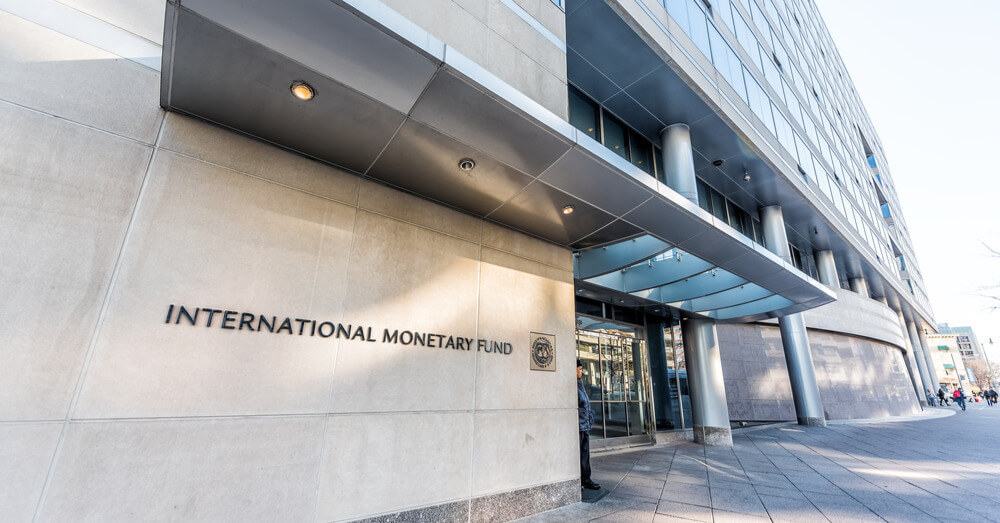
The report reveals that the framework should be ready by the end of 2022
The Group of 20 (G20), which is an organisation of central bank governors and finance ministers, revealed in a report today it is working with the International Monetary Fund (IMF), the World Bank, and the Bank for International Settlements (BIS) to create a set of standards for the use of central bank digital currencies (CBDC) in banking systems.
The report stated that the G20 members, alongside the IMF, World Bank, and the BIS, aim to complete the regulatory stablecoin frameworks, as well as the research and selection of CBDC designs, technologies and experiments by the end of 2022.
“A widely adopted stablecoin with a potential reach and use across multiple jurisdictions (a so-called “global stablecoin” or GSC) could become systemically important in and across one or many jurisdictions, including as a means of making payments,” the report explained.
Unlike cryptocurrencies, which are volatile because their value is determined by the market, stablecoins are digital currencies that are linked to traditional cash currencies, such as the US Dollar. According to the report, the IMF and the World Bank will be equipped with the technical capabilities to facilitate CBDC transactions between the countries by the end of 2025.
The report clarifies that this venture aims primarily to address risks to financial stability and does not cover other important issues, such as data privacy, AML/CFT, as well as cybersecurity consumer and investor protection and competition. It adds that addressing these issues is equally important and that it must be approached “as part of a comprehensive effective supervisory, regulatory, and oversight framework.”
It also placed an emphasis on domestic authorities to provide a framework for the presence of GSCs in the future:
“Relevant authorities should, where necessary, clarify regulatory powers and address potential gaps in their domestic frameworks to adequately address risks posed by GSCs. This will help achieve common regulatory outcomes across jurisdictions and reduce opportunities for cross-sectoral and cross-border regulatory arbitrage, and enable appropriate regulation and supervision of GSC arrangements as a whole.”
This announcement follows the release of a joint report between seven central banks last week through the BIS, in sketching out a transnational front surrounding nationalized digital currencies. It was authored by the United States Federal Reserve, the European Central Bank (ECB), the Bank of England (BOE), the Swiss National Bank, the Bank of Japan (BOJ), and Sweden’s Sveriges Riksbank. These financial institutions laid out an outline for properties that the central banks would require from CBDCs in their countries.

